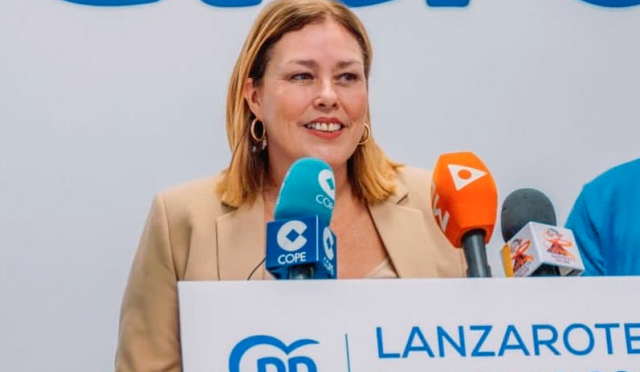Canarian Doctors’ Strike Set to Extend Amid Ongoing Uncertainty

The strike may continue until Friday, pending decisions from the Health Department in the coming days, according to the Medical Union of the Canary Islands.
SANTA CRUZ DE TENERIFE, 21 Sep. (EUROPA PRESS) –
Canarian doctors are currently maintaining their planned strike for 23rd September, aiming to address the ongoing “uncertainty” surrounding the stabilisation process of the Canarian Health Service (SCS). On the same day, a demonstration is expected to take place at 11:00 AM outside the outpatient facilities of the University Hospital of the Canary Islands.
The organisers of Tuesday’s doctors’ strike demand that the Health Department release a list by Monday, detailing at least most of those who have passed their merit-based assessments and their respective placements. This requirement is deemed crucial for the strike to be called off.
This action, as emphasised by the General Secretary of the Medical Union in the Canary Islands, Levy Cabrera, would prevent individuals from the A1 subgroup of healthcare staff and Management and Services, who are soon to take their exams, from being forced to attend the ordinary competitive examination for their stabilisation unnecessarily.
Additionally, as reported by the department today, the director of the Canarian Health Service (SCS), Adasat Goya, will update on the current status of the SCS stabilisation process during a press conference set for Monday at 11:30 AM at the headquarters of the Health Department in Las Palmas de Gran Canaria.
Awaiting the outcome of this media call and the subsequent decisions from the SCS, the Medical Union in the islands is determined to proceed with their strike on Tuesday. “For now, it remains in place, and the intention is for this strike to last from Tuesday to Friday,” Cabrera has stated.
Legal Security and Certainty
The Medical Union indicates that this situation affects approximately 1,900 medical professionals, while other categories included could reach around 2,400: “If the list of those who pass by merit along with their placements is not released, the administration itself advises you to take the exam, to have the chance to select positions offered based on merit and those available in the ordinary stabilisation competition.”
UGT has also flagged the seriousness of the situation, stating that after six years of waiting, the Canarian Health Service fails to ensure the publication of merit-based allocation lists before the exams, which violates the stipulations of the announcement.
“This is not a minor procedure; it is the basis providing legal security, order, and certainty to those maintaining public health. Demanding these prior lists is not a whim but a fundamental requirement for a clean and transparent process,” the union notes in a statement.
Assistance Impact and Legal Uncertainty
Furthermore, the Medical Union warns of the potential repercussions for patient care arising from this situation. “We are concerned about the exam dates as it was agreed that they would be scheduled on weekends to avoid disrupting patient activity in October or even November,” Cabrera clarifies.
Thus, various unions warn of the “unnecessary harm” this will cause to the majority of temporary doctors and staff at the SCS who should not be required to take an exam, along with patients who will have their tests, consultations, or surgeries postponed on exam days.
Meanwhile, the Medical Employees’ Union of the Canary Islands (SEMCA) has also called for another strike, scheduled for 26th September, demanding that the SCS annul the examination summons, which has been issued before the first of the ongoing long-term exceptional selection processes by merit-based competition has been completed, thereby violating the foundations of the ongoing selection process (two stabilisation and one ordinary).
This organisation points out that Health Minister Esther Monzón further deepens the “legal uncertainty” that has persisted since at least 31st December 2024, due to the incomplete completion of all stabilisation selection processes initiated under Law 20/2021 of 28th December for urgent measures to reduce temporary employment in the public sector.
Notable Breaches
“Not only has temporary employment not been reduced to the rate below 8 percent required by the European Union, but it has increased to over 70 percent, making the Canarian Health Service the regrettable leader among all public administrations in the State for the abuse of temporary contracts,” they comment.
Furthermore, the union states that “Esther Monzón has also failed to meet the other deadline — no longer amendable — that the national internal regulation, recently confirmed by the Supreme Court creating jurisprudence, establishes for the complete execution of selection processes.”
The doctors specifically refer to the three-year period within which, following the publication of the corresponding public employment offer, all affected selection processes must be entirely concluded.














